Do you ever find yourself in the middle of a recipe that calls for the juice of one lemon, but you’re not sure how much juice that actually is? It can be frustrating to not know how much to squeeze out, especially when you’re trying to get the perfect balance of flavors.
In this article, we will explore how much juice you can typically expect to get from one lemon and provide some tips on how to make the most of your lemons.
One regular-sized lemon usually has about 2-4 tablespoons of juice inside. But here’s the catch: lemons come in different sizes, so not all lemons are created equal in terms of juice.
On average, a medium-sized lemon will give you around 3 tablespoons of juice. However, if you have a big lemon, it can provide as much as 4 tablespoons, which is the same as 1/4 cup.
Now, if you’re following a recipe that specifies how much lemon juice to use, be sure to measure it accurately. That way, your dish will turn out just right! Happy cooking! 🍋😊
Factors Affecting Juice Quantity
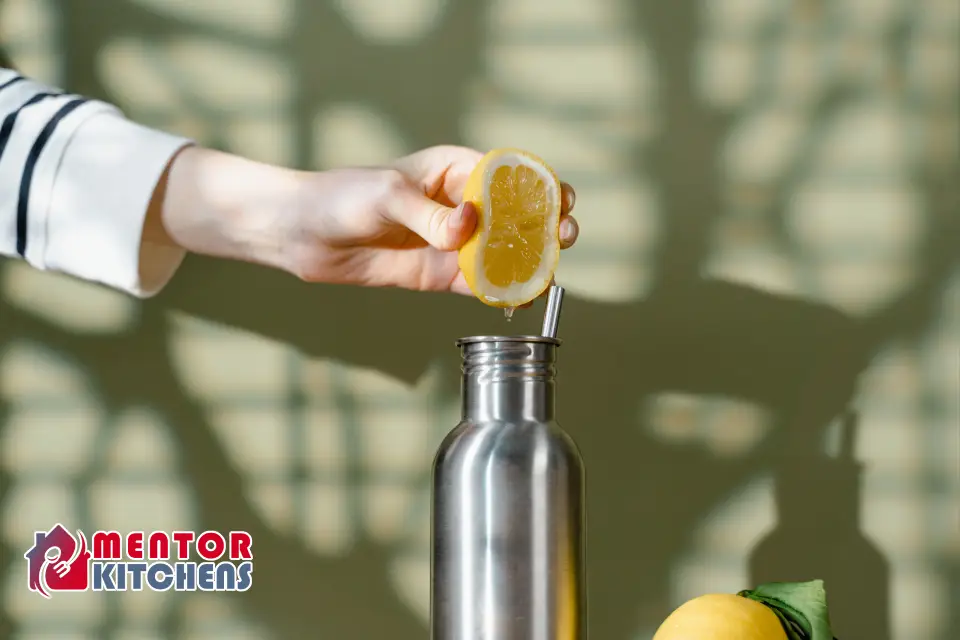
When it comes to juicing lemons, the amount of juice you can extract can vary depending on several factors. Here are some of the factors that can affect the quantity of juice you can get from a lemon:
Ripeness of the Lemon
A ripe lemon will have more juice than an unripe one. When the lemon is fully yellow, it is at its peak ripeness and will yield the most juice. If you’re unsure about the ripeness of a lemon, give it a gentle squeeze. A ripe lemon will give slightly to pressure.
Size of the Lemon
The size of the lemon can also affect the amount of juice you can extract. In general, bigger lemons tend to produce a greater amount of juice compared to their smaller counterparts. However, keep in mind that the size of the lemon can also impact its flavor. Smaller lemons tend to be more acidic, while larger lemons can be sweeter.
Juicing Method
The method you use to juice the lemon can also impact how much juice you can extract. Hand-squeezing a lemon can be effective, but using a citrus juicer can yield more juice. When using a citrus juicer, make sure to cut the lemon in half and press it firmly against the juicing cone.
Temperature of the Lemon
The temperature of the lemon can also affect how much juice it yields. Room-temperature lemons will generally yield more juice than cold lemons. If you’ve stored your lemons in the fridge, let them sit at room temperature for a few hours before juicing.
By keeping these factors in mind, you can ensure that you get the most juice out of your lemons.
Varieties of Lemons and Their Juice Content
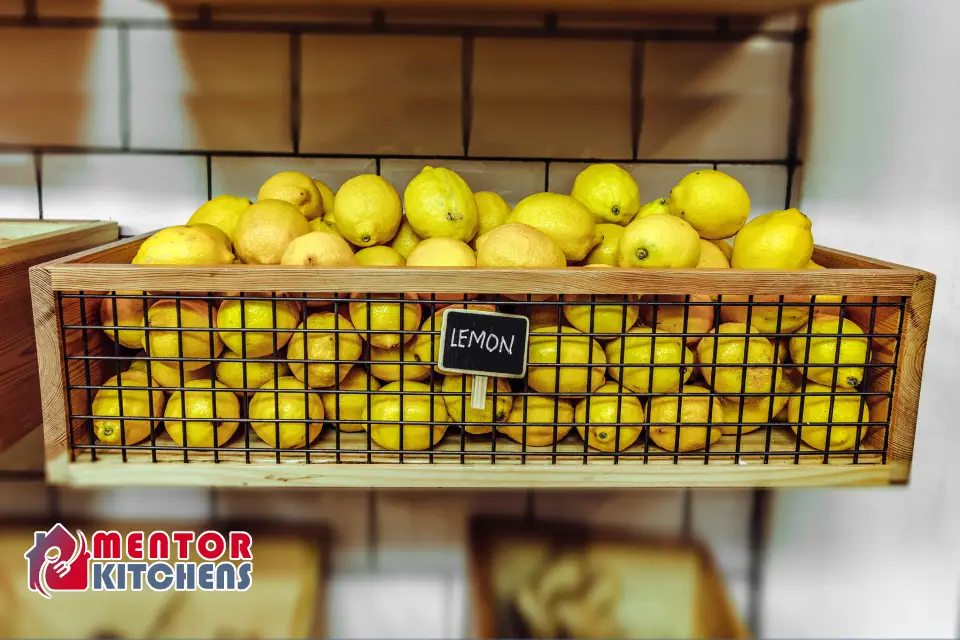
When it comes to lemons, there are several varieties that are commonly used in cooking and baking. Each variety has its unique flavor profile and juice content. Here are some of the most popular lemon varieties and their juice content:
Eureka Lemon
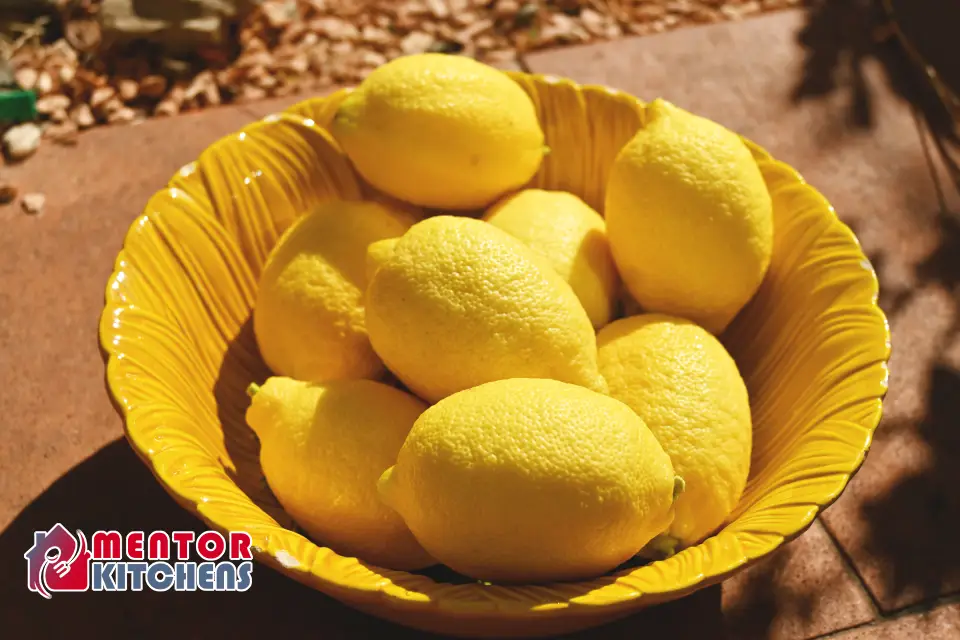
The Eureka lemon is the most commonly encountered variety in grocery stores. These lemons are oval-shaped with bright yellow skin and have a tart, acidic flavor. One Eureka lemon typically yields around 2-3 tablespoons of juice. However, the juice content can vary depending on the size and ripeness of the lemon.
Meyer Lemon
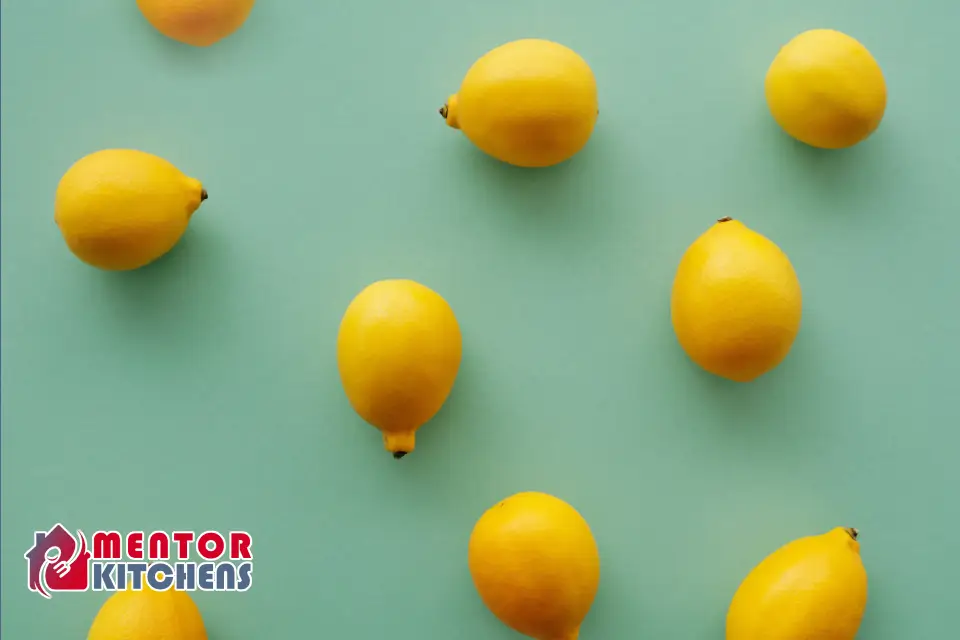
Meyer lemons are a sweeter variety of lemon with a thin, smooth skin. They are often used in desserts and cocktails due to their sweet and tangy flavor. Meyer lemons typically yield around 2-4 tablespoons of juice, depending on their size and ripeness.
Lisbon Lemon

Lisbon lemons are a larger variety of lemons with thick, bumpy skin. They have a tart, acidic flavor and are commonly used in savory dishes. Lisbon lemons typically yield around 3-5 tablespoons of juice, depending on their size and ripeness.
It’s important to note that the juice content of lemons can vary depending on several factors, including the ripeness, temperature, and type of juicer used. Rolling the lemon on a hard surface before juicing can also help to increase juice yield.
When using lemons in a recipe, it’s best to measure the juice using a tablespoon or a measuring cup to ensure accuracy. Keep in mind that the juice content can vary depending on the variety of lemon used, so it’s always a good idea to taste the juice before using it in a recipe to adjust the amount as needed.
Methods to Extract More Juice
When it comes to juicing lemons, getting the most juice out of each fruit is essential. Here are some tried-and-true methods to help you extract more juice from your lemons:
1. Roll the Lemon
Before juicing your lemon, roll it on your countertop with your hand or a rolling pin. This helps to break down the membranes inside the fruit and loosen up the juice, making it easier to extract.
2. Microwave the Lemon
Microwaving your lemon for 10-20 seconds can also help to extract more juice. The heat helps to break down the membranes and release the juice. Be careful not to overdo it, though, as too much heat can also make the lemon harder to juice.
3. Cut the Lemon in Half
Cutting your lemon in half can also help you extract more juice. Use a sharp knife to cut the lemon in half lengthwise, then use a citrus juicer or your hands to squeeze out the juice.
4. With Lemon Presser
If you want a quick and efficient way to extract lemon juice, a lemon presser is a valuable addition to your kitchen. Start by cutting a lemon in half lengthwise, then place one half in the presser with the cut side down. Squeeze the handles firmly to extract the juice, and repeat with the other half if needed.
5. Use a Citrus Juicer
Investing in a citrus juicer can make juicing lemons (and other citrus fruits) much easier and more efficient. These juicers are designed to extract the maximum amount of juice from each fruit, and they’re also great for minimizing the amount of pulp and seeds that end up in your juice.
6. Use a Fork
If you don’t have a citrus juicer, you can also use a fork to help extract more juice from your lemon. First, cut your lemon in half and then use a fork to poke and prod the flesh, squeezing out as much juice as possible.
By using these methods, you can extract more juice from your lemons and get the most out of each fruit.
How Can I Store Lemon Juice for Longevity?
To keep lemon juice fresh for longer, follow these steps:
1. Squeeze Fresh:
Start by juicing your lemons when they’re at their freshest. The juice will stay better this way.
2. Strain It:
Remove any seeds or pulp from the juice using a fine mesh strainer.
3. Use an Airtight Container:
Store the lemon juice in a clean, airtight container. Glass containers are ideal.
4. Refrigerate:
Keep the container in the refrigerator. Lemon juice can last for about 2-4 weeks in there.
5. Freeze for Long-Term:
If you want to store it for an extended period, you can freeze lemon juice in ice cube trays. After freezing, transfer the cubes into a freezer bag. They can remain preserved for a period of 3 to 4 months in the freezer.
By following these steps, you can enjoy the zesty freshness of lemon juice for an extended time. 😊🍋
Health Benefits of Lemon Juice
Lemon juice is a widely used ingredient in various recipes and beverages. It is not only refreshing but lemon also has several health benefits. Here are some of the potential health benefits of lemon juice:
1. Rich in Vitamin C
Lemon juice is a great source of vitamin C, which is essential for maintaining a healthy immune system. Vitamin C also helps in the production of collagen, a protein that is vital for healthy skin, bones, and cartilage.
2. Aids Digestion
Lemon juice has citric acid, which boosts digestive juice production, aiding digestion and preventing constipation. Try warm lemon water in the morning for a gentle nudge to your bowels.
3. May Lower the Risk of Kidney Stones
Lemon juice contains citrate, which can prevent kidney stone formation. Citrate binds with calcium in the urine, preventing it from forming crystals that can lead to kidney stones.
4. May Help with Weight Loss
Lemon juice is low in calories and can be a healthy alternative to sugary drinks. Drinking lemon water before meals can also help reduce appetite and promote weight loss.
5. May Improve Skin Health
Lemon juice contains antioxidants that can help protect the skin from damage caused by free radicals. It can also help reduce inflammation and promote healthy skin.
Overall, lemon juice has several potential health benefits. However, it is important to note that excessive consumption of lemon juice can lead to side effects such as tooth erosion and acid reflux. It is recommended to consume lemon juice in moderation and as part of a balanced diet.
Frequently Asked Questions
How Many Tablespoons of Juice Can You Get From One Lemon?
A regular-sized lemon usually contains about 2-3 tablespoons of juice. However, the amount of juice can vary depending on the size and ripeness of the lemon.
What Is the Amount of Milliliters of Juice in One Lemon?
On average, one lemon contains about 30-45 milliliters of juice. This amount can vary depending on the size and juiciness of the lemon.
How Much Juice Can You Extract from a Single Lime?
Limes are smaller than lemons, so they contain less juice. On average, one lime contains about 1-2 tablespoons of juice. However, this amount can vary depending on the size and juiciness of the lime.
How Many Lemons Are Needed to Get 1/2 Cup of Juice?
To get 1/2 cup of lemon juice, you will need about 4-6 lemons. However, this amount can vary depending on the size and juiciness of the lemons.
What Is the Weight of the Juice in One Lemon in Grams?
On average, one lemon contains about 30-45 grams of juice. However, this amount can vary depending on the size and juiciness of the lemon.
How Much Juice Is in One Lemon in Ounces?
On average, one lemon contains about 1-2 fluid ounces of juice. However, this amount can vary depending on the size and juiciness of the lemon.
What Are the Best Lemons for Juice?
The best lemons for juicing are the ones that are ripe and feel heavy for their size. Look for lemons that have smooth, vibrant yellow skins without any blemishes. These are usually the juiciest. Varieties like Eureka and Lisbon lemons are great for juicing because they have a good balance of tartness and sweetness. But honestly, any fresh lemon can work if it feels juicy and looks healthy.

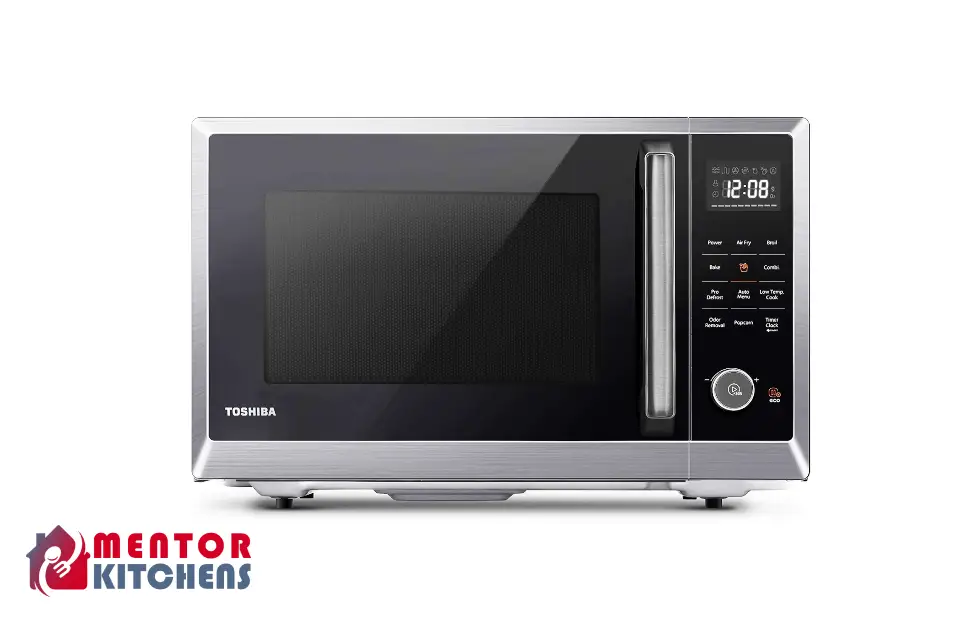
Leave a Reply